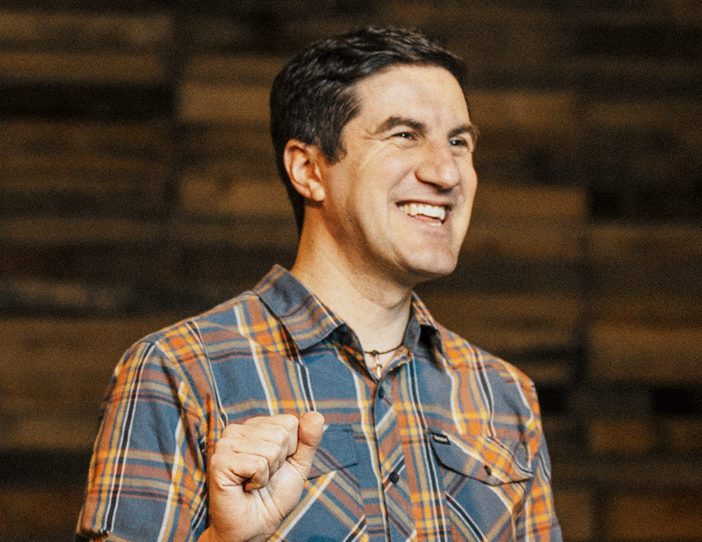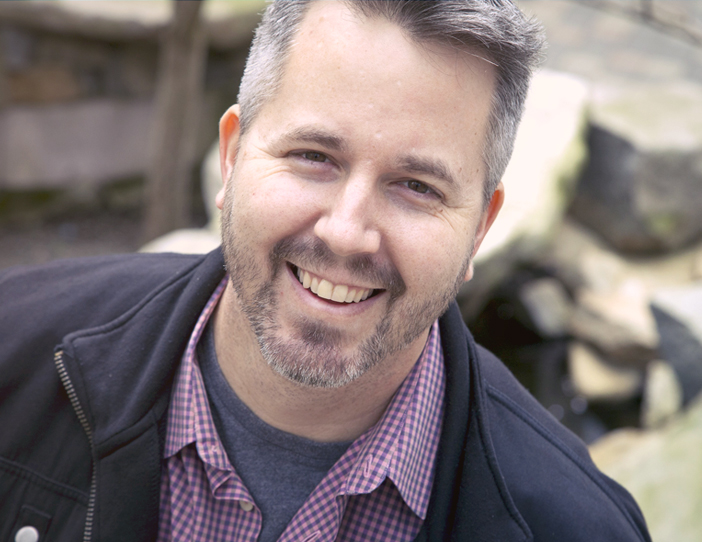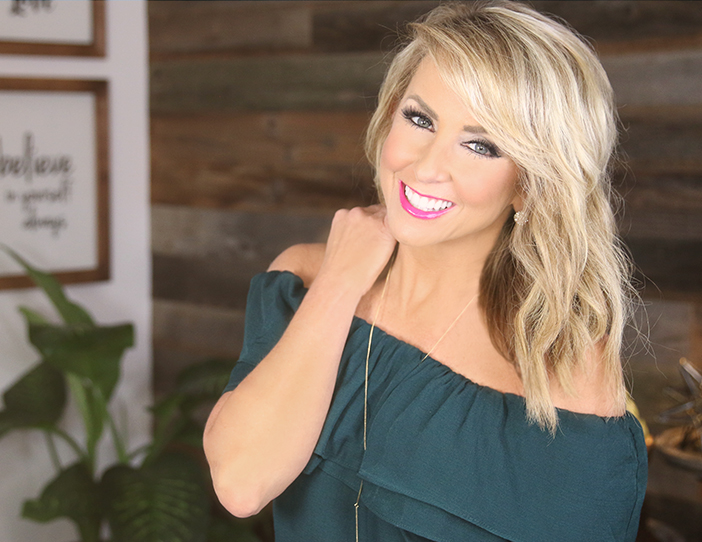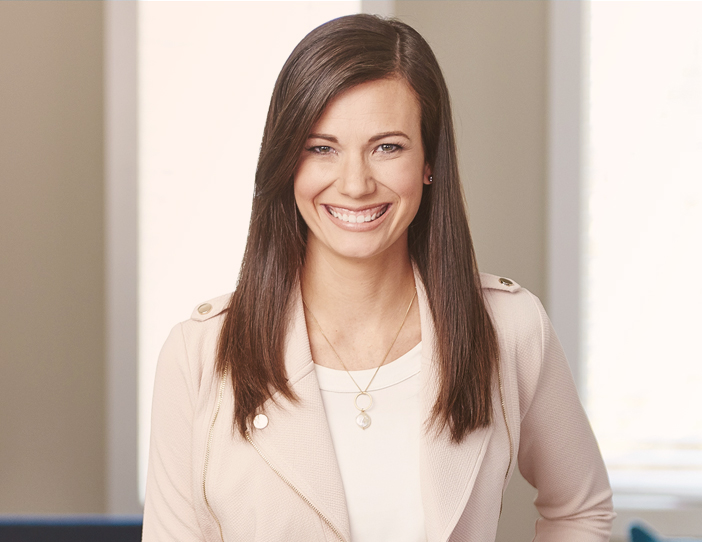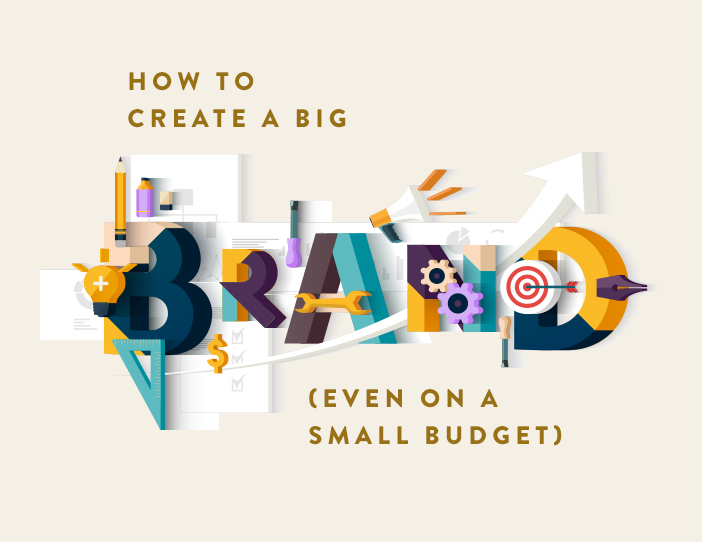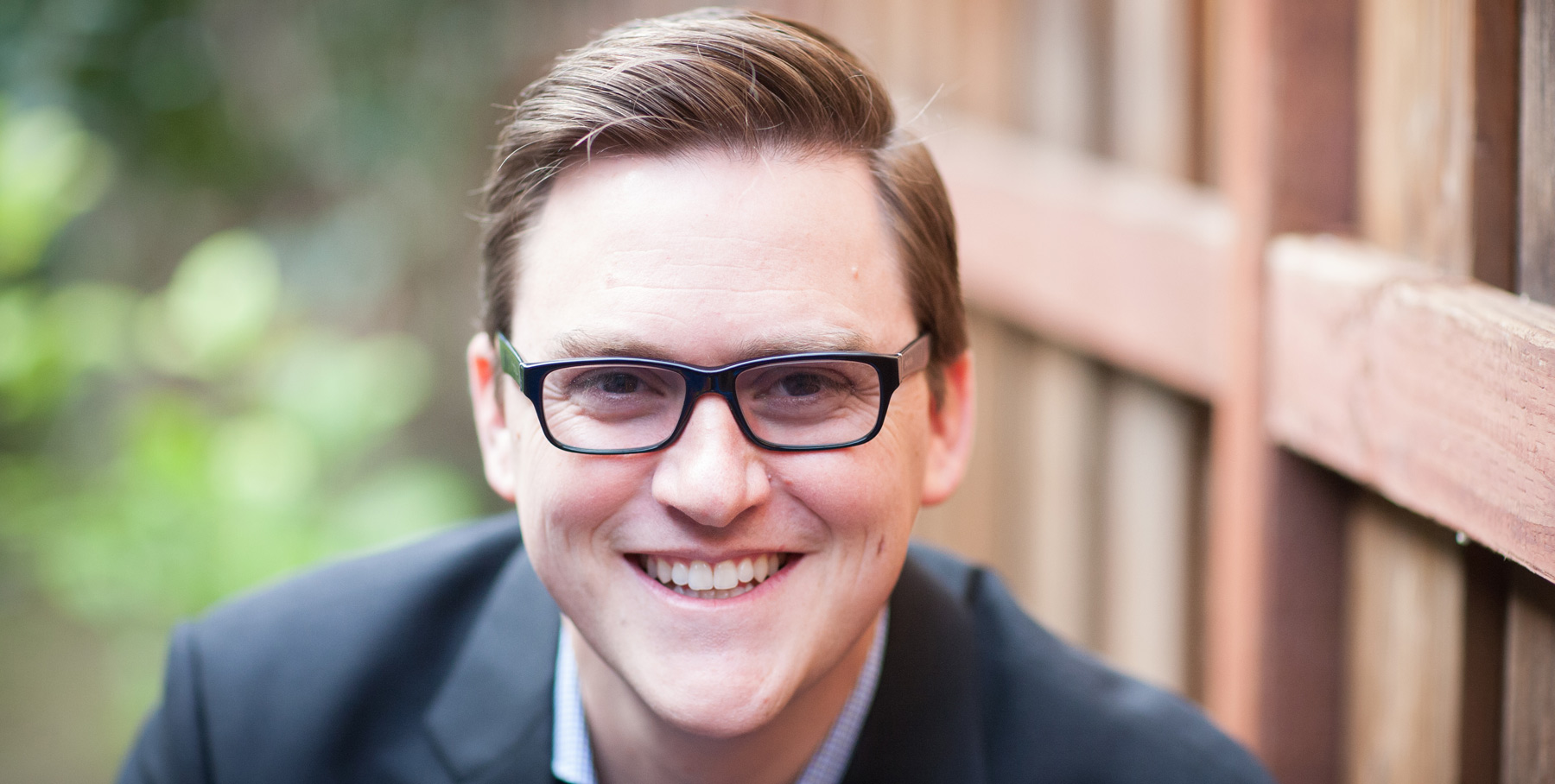
Episode Description
About a year ago, I read a book that helped me a ton.
It gave me permission to do a lot of the things I needed to do. How? By showing me I needed to start saying no to a lot of things in my life.
The book was Essentialism by Greg McKeown, and I’m thrilled he’s joining us on the podcast today to talk about how to live and work with radical clarity.
According to Greg, most of us have been living under the assumption that you can have it all — you just have to cram it into your life.
As a result, we end up busy (not necessarily productive) and stretched too thin at work and at home. We’re chained to our smartphones, hopping from disjointed task to disjointed task, not really focused on (or even clear about) what we want.
Essentialism changes all that. It helps us tune out all the unimportant things vying for our attention so we can discover and pursue a very small number of things of lasting value.
Nobody wants to fritter away their lives on their smart phones. Greg’s wisdom will inspire you to live a life rich with clarity and meaning.
How do we determine what we want from life? Start by defining “life” more broadly.
When we talk about designing a life full of essentials that we love, most of us start with our own lives — which means birth through death, right?
Not in Greg’s mind. To him, looking at our lives this way is “insufficiently broad.”
Instead, he asks clients to describe their grandparents and parents. What do you remember? What choices did they make? What have you learned from them?
This is part of understanding the “intergenerational you,” as Greg says, which is key to discovering where you’re going.
What would your grown grandchildren say about you in 100 years?
Then, consider your own life up until this point. What’s been meaningful? What hasn’t? What have been the major lessons? What do you wish you’d done differently?
Finally, go out 100 years into the future, after your death. It’s “so powerful, so life-changing to imagine and to envision life after you,” Greg reminds us. What would your grown grandchildren say about you in 100 years?
According to Greg, here’s what happens when you stretch out your thinking to this longer timeline:
This kind of tremendously long-term vision starts to help us to discern between the absolutely essential things and the total, trivial many. With that perspective, you can start to see that most of what we are consumed with and even worried about are things that won’t even matter five years from now.
Key questions can help you create a narrative for your life
Do you ever have those days where you want to chuck your smartphone out the window? I know I do.
Greg makes a point that helps us understand why:
“One of the things that’s under attack through social media, smartphones, and consumerism is our sense of narrative. We are not really present in the now. We’re constantly distracted. We’re constantly pulled off our game even now. The narrative has been lost. We’ve lost the plot.”
To truly get clear on the life you want and pursue it with focus, you have to reclaim your sense of narrative. We all see ourselves as the heroes of our own stories. But we are also a subplot in a larger story, and you need to understand your role inside that bigger story. Once you do, then you can get down to deciding upon actions that shape that narrative.
In Essentialism, Greg lays out three questions that you can ask yourself to get clear on what you want:
• What do I feel deeply inspired by?
• What am I practically talented at?
• What meets a significant need in the world right now?
Where your answers overlap is generally a big clue to grabbing ahold of that narrative and finding clarity and purpose in your life.
Look for the difference between the good things and the right things
To help us think about our lives, Greg gives us the metaphor of a closet. It’s full to overflowing, but most mornings it still feels like we have nothing to wear.
A lot of us think the answer is a larger closet. But that’s not really the issue. The issue, Greg says, is that we have “a way of living that just keeps adding and never subtracting.”
We have to learn to discern the difference between the good things and the right things.
When a new opportunity arises, we tend to think, Is this a good thing? Can I shove it in?
But Greg points out, “Most people’s lives are full of lots of good things. The answer is not just to shove more in. And it’s not just to be more efficient with everything that’s in there. It is to use more extreme criteria.”
Instead ask, Is this the right thing for what I want? Is it the right time to be saying yes to it?
Take a life inventory
Greg recommends evaluating everything in your life, much like you’d clean out that overstuffed closet.
Feel free to bust out the Sharpies and Post-Its. Clear off your desk and write everything you’re currently involved with on a single sticky note. Then, ask:
Is this really the best use of me?
Is this going to matter in the long run?
This helps you see your life from 10,000 feet, so to speak. When you step back for this perspective, you’re able to craft a big-picture vision for what that “narrative” of your life could be.
Minimize or eliminate what doesn’t belong in that narrative, and ration your “yesses” for the things that are essential to crafting the life you want.
Remember that a “yes” means a “no” somewhere else.
I think we all understand the idea of opportunity cost. But Greg states it so clearly in his book: “Every time you say yes to something, you’re saying no to something else.”
We need to ask a new question when an opportunity comes our way. We usually think, Should I do this or shouldn’t I?
Instead, we need to ask, What am I saying no to in order to say yes to this other thing?
Going back to his earlier analogy, Greg says, “We have to recognize that every time we’re saying yes, it’s going to push something out on the other side of the closet.”
What are the consequences to saying no?
What’s controlling the outcome your life? Is it your choices and efforts? Or are there external forces at work — your environment, your fate, your family?
Research tells us that people who believe they’re in control of the outcome of their lives are healthier and happier than those who believe something outside of themselves is in control.
Research tells us that people who believe they’re in control of the outcome of their lives are healthier and happier than those who believe something outside of themselves is in control.
What does that mean for us? It means there’s a difference between “I have to do this thing” and “I am choosing to do this thing.”
But the feeling that we have to do something can be overwhelming. As Greg says, “We’re not even close to being able to do everything everyone’s expecting us to do. It’s 10 times, 100 times more than the time we have available.”
Yet we end up keeping a lot of our involvements because we feel like “we have to.” But remember that you’re in charge of your narrative. Greg says to ask yourself, What’s the consequence of not doing this thing?
Sometimes the consequences are major. For example, the consequences of not exercising regularly are enough to motivate me to stay active.
But what’s the consequence of, say, not joining that book club? It’s probably not much at all. But when we live in the mindset that we “have to” do something, we never even stop to ask what happens if we don’t. Sometimes they’re not nearly as major as we’ve imagined them to be.
How to create a daily WIN list
So how can we put Greg’s wisdom into practice in our daily life?
You can start by making your tasks each day more essential. Here is Greg’s recommendation. Make a list of the six most important things you need to do. Feel free to mix professional and personal, but keep it in order of priority.
Next, cross off the bottom five. Now you’ve got one singular project or goal to pursue that day. “That thing,” Greg says, “is where we’re going to invest our energies until it’s either done or we’ve made the progress that we can make on it.”
Keep referencing that list and asking the question, “What’s Important Now.” That’s the acronym of WIN — because it helps you accomplish the most essential tasks each day.
I’m a huge fan of this approach, and I talked about it in detail in last week’s blog post about accomplishing your most important projects.
Don’t stop seeking clarity
For many of you, you’ve already got a sense of what you want your life to be. You’ve gotten focused and better at saying yes to the great things. But there are still too many great things to choose from. I can relate. I’ve got three major projects in my life right now. Each of them lights me up. I want to do them all but it’s a struggle.
I asked Greg to give us some advice, and here’s what he said:
“The whole process is messy, but I recommend you just don’t stop at 70 percent clarity. A lot of people stop there and say, ‘Okay, they’re all meaningful so I have got to jump in.’ Don’t stop. Keep going. I call it the 90 percent rule. You’ve got to keep going until it’s 90 percent or above.”
Even if something is great and meaningful and dear to your heart, it may still not be essential.
Even if something is great and meaningful and dear to your heart, it may still not be essential. Press hard into what really matters to you and what your story is really about, because those “yesses” and “nos” could be even clearer than they currently are.
—
It’s a messy journey, and even Greg — who literally wrote the book on essentialism — is still wrestling with it. It’s not supposed to be neat or easy. But like any skill, the more you practice it, the more accomplished you’ll be. And when you learn the art of essentialism, I know you’ll have more clarity, more peace, and ultimately a better life story.
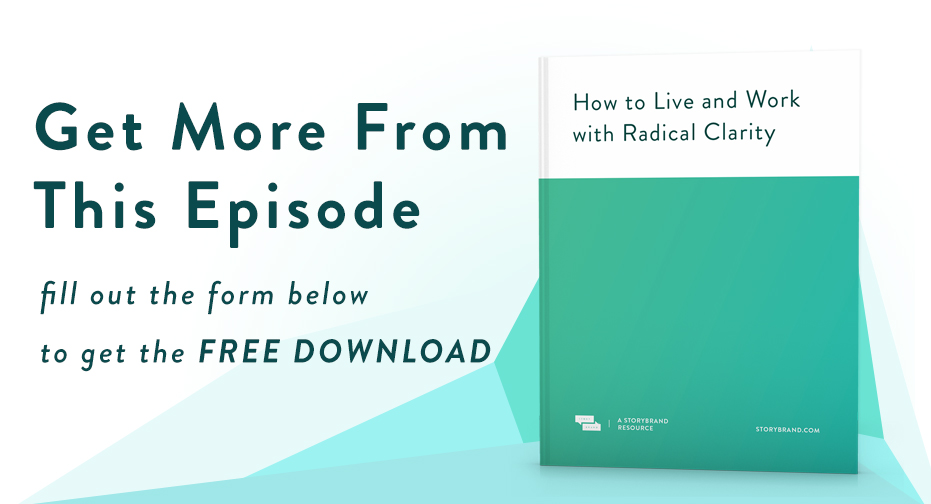
Answer a few short questions on our downloadable worksheet and apply this episode to your life and your business. Plus, it includes Greg’s own 21-Day Essentialism Challenge! You’ll remember more of what you learned and have clarity for how to put it to use right away.
Executive producer: Tim Schurrer
Additional production and editing: Chad Snavely

